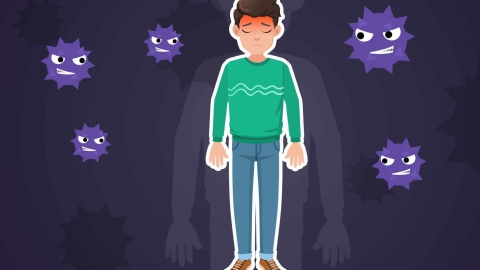Is hepatitis B virus transmission possible through sexual contact?
Generally, hepatitis B virus (HBV) carriers may transmit the virus to others through sexual contact. A detailed analysis is as follows:

HBV carriers refer to individuals who have tested positive for hepatitis B surface antigen for more than six months, yet exhibit no obvious symptoms or signs of liver disease and maintain relatively normal liver function. Although these carriers do not display apparent symptoms of liver disease, the hepatitis B virus in their bodies remains active and contagious. The primary transmission routes of HBV include mother-to-child transmission, bloodborne transmission, and sexual contact transmission. During sexual activity, without protective measures, the virus can be transmitted to a partner through bodily fluids such as semen and vaginal secretions.
For individuals who have not been infected with HBV, timely vaccination against hepatitis B is recommended to stimulate the body's production of protective antibodies, thereby effectively preventing HBV infection. Additionally, when engaging in sexual activity with an HBV carrier, protective measures such as using condoms should be taken to reduce the risk of viral transmission.





